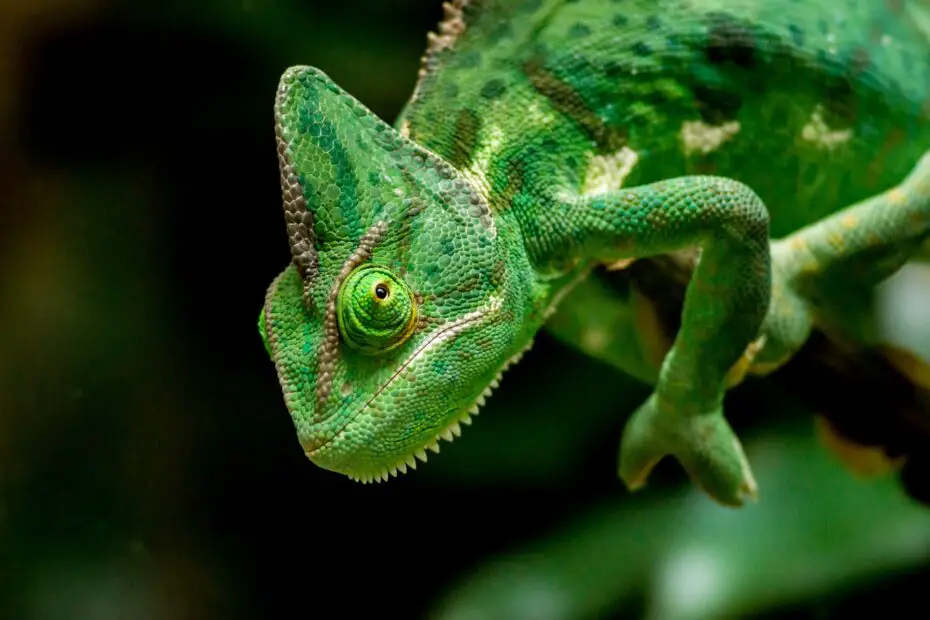Bringing a pet into your life is a significant decision that can bring joy, companionship, and a sense of purpose. However, choosing the right pet for your lifestyle is crucial to ensure a harmonious and fulfilling relationship. Whether you’re considering a dog, cat, bird, reptile, or any other pet, this ultimate guide will help you make an informed decision.
We’ll explore various factors to consider, from your living situation to your daily routine, to help you find the perfect furry, feathery, or scaly companion.
You may also want to read about the best dog toys.
Choosing the Right Pet for Your Lifestyle
Before diving into the specifics of different types of pets, take a step back and assess your current lifestyle. Your lifestyle plays a pivotal role in determining the type of pet that will be the best fit for you. Here are some essential lifestyle factors to consider:

Living Situation
- Home Type: Do you live in an apartment, a house with a yard, or a shared space like a dormitory? The size of your living space can impact your choice of pet.
- Rules and Restrictions: Are there any rules or restrictions regarding pets in your residence? Some apartments or housing complexes may have limitations on pet size, breed, or species.
Daily Schedule
- Work Hours: How long are your typical work hours? Consider your daily commitments and how much time you can dedicate to a pet.
- Travel Frequency: Do you travel frequently for work or leisure? This may affect your ability to care for a pet.
Activity Level
- Active or Sedentary: Are you an active person who enjoys outdoor activities and exercise, or do you prefer a more sedentary lifestyle?
- Hobbies: Consider your hobbies and interests. Some pets may align better with specific hobbies or activities.
Allergies and Health
- Allergies: Does anyone in your household have pet allergies? It’s crucial to consider potential allergies when choosing a pet.
- Health Conditions: Do you or any family members have health conditions that may affect your ability to care for certain pets?
Budget
- Financial Resources: Consider your financial resources and budget for pet care, including food, supplies, veterinary care, and potential emergencies.
Future Plans
- Long-Term Commitment: Pets are a long-term commitment. Consider how your lifestyle may change in the next several years and if you can accommodate a pet throughout those changes.
Different Types of Pets
Once you’ve assessed your lifestyle, it’s time to explore different types of pets and how they may align with your life. Here’s a breakdown of popular pet choices:
Dogs
Pros:
- Loyal companions.
- Offer protection and security.
- Great for active individuals or families.
- Wide variety of breeds with different temperaments and energy levels.
Cons:
- Require daily exercise and mental stimulation.
- Need consistent training and socialization.
- May not be suitable for those with limited time or a sedentary lifestyle.
- Can be expensive to care for, including grooming and veterinary costs.
Cats
Pros:
- Independent and low-maintenance.
- Require less exercise than dogs.
- Provide companionship without constant attention.
- Ideal for apartment dwellers and those with busy schedules.
Cons:
- Some cats can be aloof.
- Litter box maintenance is necessary.
- Grooming needs vary by breed.
- May not be the best choice if you’re looking for an active or interactive pet.
Birds

Pros:
- Come in various sizes and personalities.
- Can be highly interactive and social.
- Some species are known for talking or mimicking sounds.
- Suitable for people with limited space.
Cons:
- Require daily attention, including social interaction and mental stimulation.
- Lifespan varies by species; some birds live a long time.
- Messy eaters and may produce feathers or dust.
- Can be noisy, which may not be suitable for quiet living environments.
Small Mammals (Rabbits, Guinea Pigs, Hamsters, etc.)
Pros:
- Compact and low-maintenance.
- Ideal for small living spaces.
- Provide companionship without the demands of larger animals.
- Some small mammals are highly social and enjoy interaction.
Cons:
- Lifespan varies by species, but it’s typically shorter than dogs or cats.
- May have specific dietary needs and housing requirements.
- Need safe and secure enclosures to prevent escape.
- Regular cage cleaning is essential.
Reptiles (Turtles, Snakes, Lizards, etc.)
Pros:
- Low-maintenance in terms of social interaction.
- Don’t require daily attention.
- Fascinating to observe and learn about.
- Suitable for people with allergies to fur or feathers.
Cons:
- Specific habitat and temperature requirements.
- Handling some reptiles can be challenging or dangerous.
- Limited interaction compared to mammals or birds.
- Lifespan varies significantly by species.
Fish (Freshwater or Saltwater)
Pros:
- Peaceful and visually appealing pets.
- Low-maintenance once the aquarium is set up.
- Ideal for relaxation and stress relief.
- Wide variety of species and tank setups.
Cons:
- Initial setup and maintenance can be costly.
- Water quality and temperature must be carefully monitored.
- Limited interaction compared to other pets.
- May require specialized knowledge for specific species.
Matching Your Lifestyle When Choosing the Right Pet
Now that you have a better understanding of different types of pets, it’s time to match your lifestyle with the right pet. Here’s how to make an informed decision:
Active Lifestyle
- If you lead an active lifestyle and enjoy outdoor activities, dogs, particularly active breeds, may be an excellent match.
- Active individuals can also consider birds that require social interaction and mental stimulation.
Busy Work Schedule
- If you have a busy work schedule with long hours, consider cats or small mammals like rabbits or guinea pigs. These pets are more independent and don’t require constant attention.
Limited Living Space
- If you live in a small apartment or shared space, consider smaller pets like cats, birds, or small mammals that can thrive in a compact environment.
- Fish can also be a suitable choice for small living spaces.
Allergies
- If you or a family member has allergies, consider hypoallergenic dog breeds or pets that don’t shed much, like some cat breeds or reptiles.
Limited Budget
- If you’re on a tight budget, consider pets with lower ongoing costs, such as cats, small mammals, or fish. Keep in mind that initial setup costs may vary.
Future Plans
- If you anticipate significant lifestyle changes, such as moving or starting a family, choose a pet that can adapt to these changes. Dogs and cats are often flexible in this regard.
Social Interaction
- If you value social interaction with your pet, opt for animals known for their sociability, such as dogs, some bird species, or highly interactive small mammals.
Quiet Environment
- If you live in a quiet environment or have noise-sensitive neighbors, consider pets that aren’t known for excessive noise, such as cats, fish, or reptiles.
Adoption and Rescue
Once you’ve determined the type of pet that suits your lifestyle, consider adopting from a shelter or rescue organization. Many animals in need of loving homes are waiting for adoption. Adoption not only provides a home for a pet in need but also often includes vaccinations, spaying or neutering, and a vet check-up.
Choosing the Right Pet: Conclusion
Choosing the right pet for your lifestyle is a significant decision that requires careful consideration. By assessing your living situation, daily routine, activity level, budget, and future plans, you can make an informed choice that ensures a happy and fulfilling life for both you and your new companion.
Remember that each pet is unique, so take the time to get to know your chosen pet’s needs, preferences, and personality to build a strong and lasting bond. Whether you opt for a dog, cat, bird, reptile, or any other pet, the love and companionship they bring into your life will be a source of joy and fulfillment for years to come.
